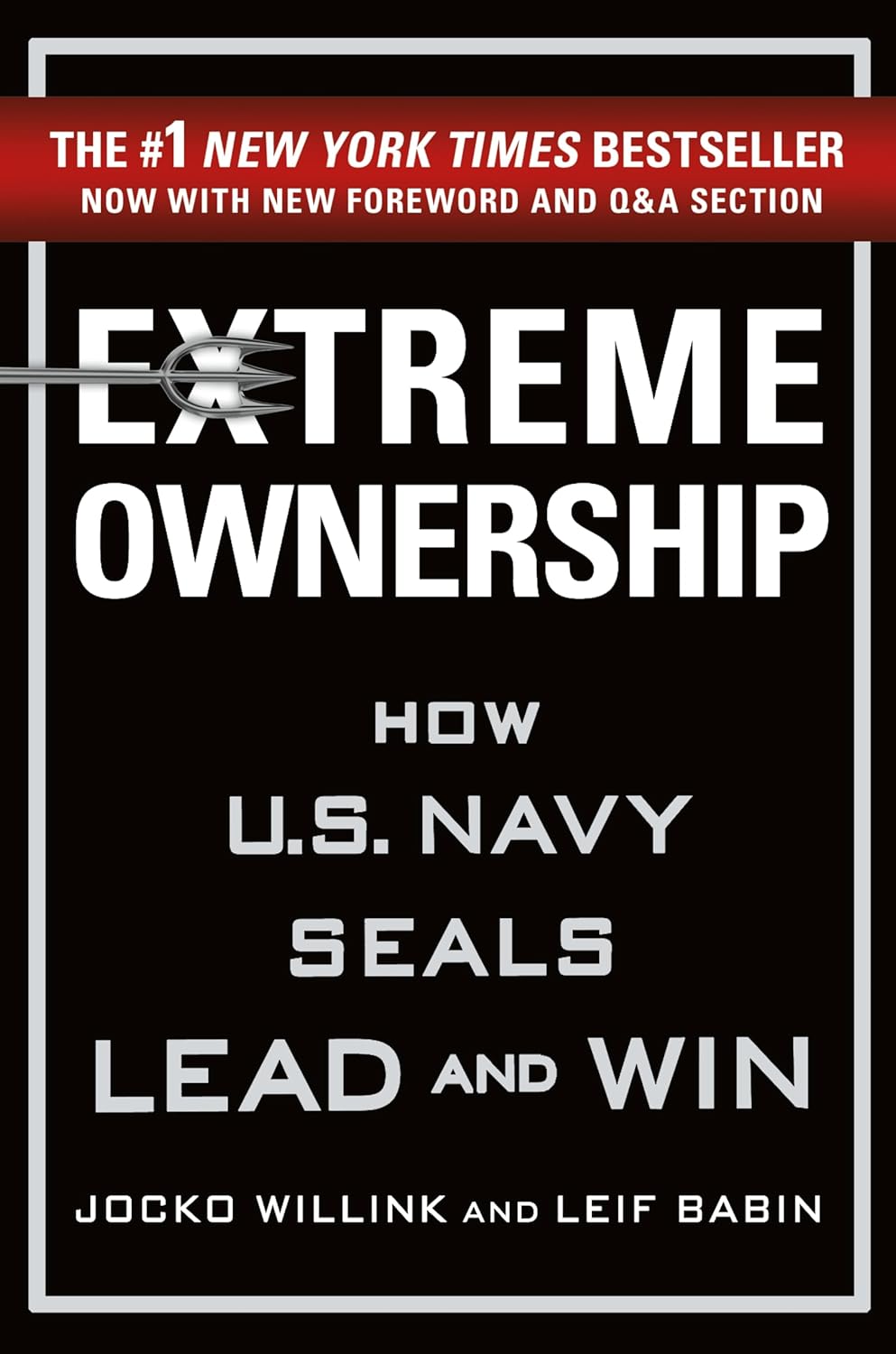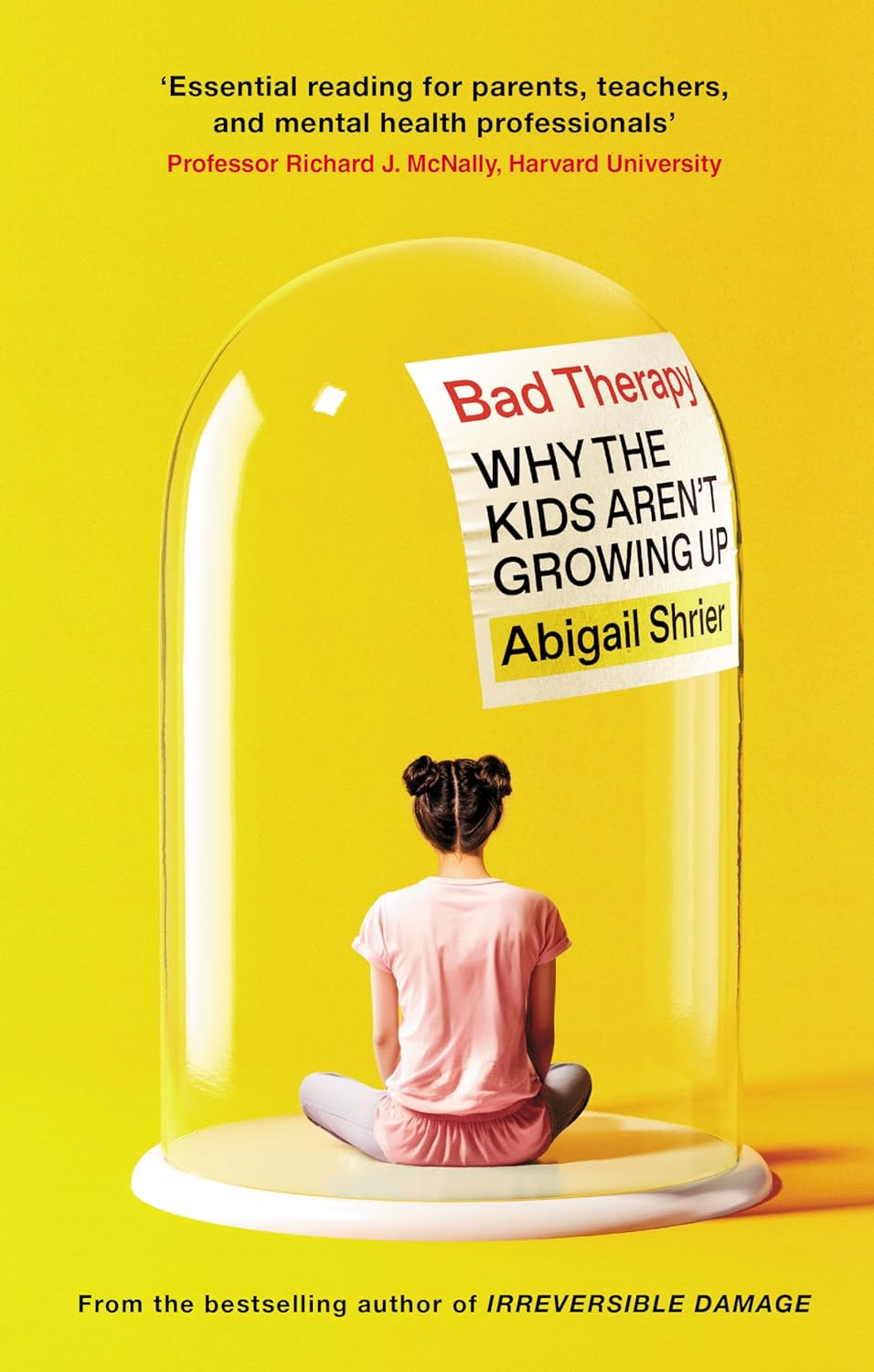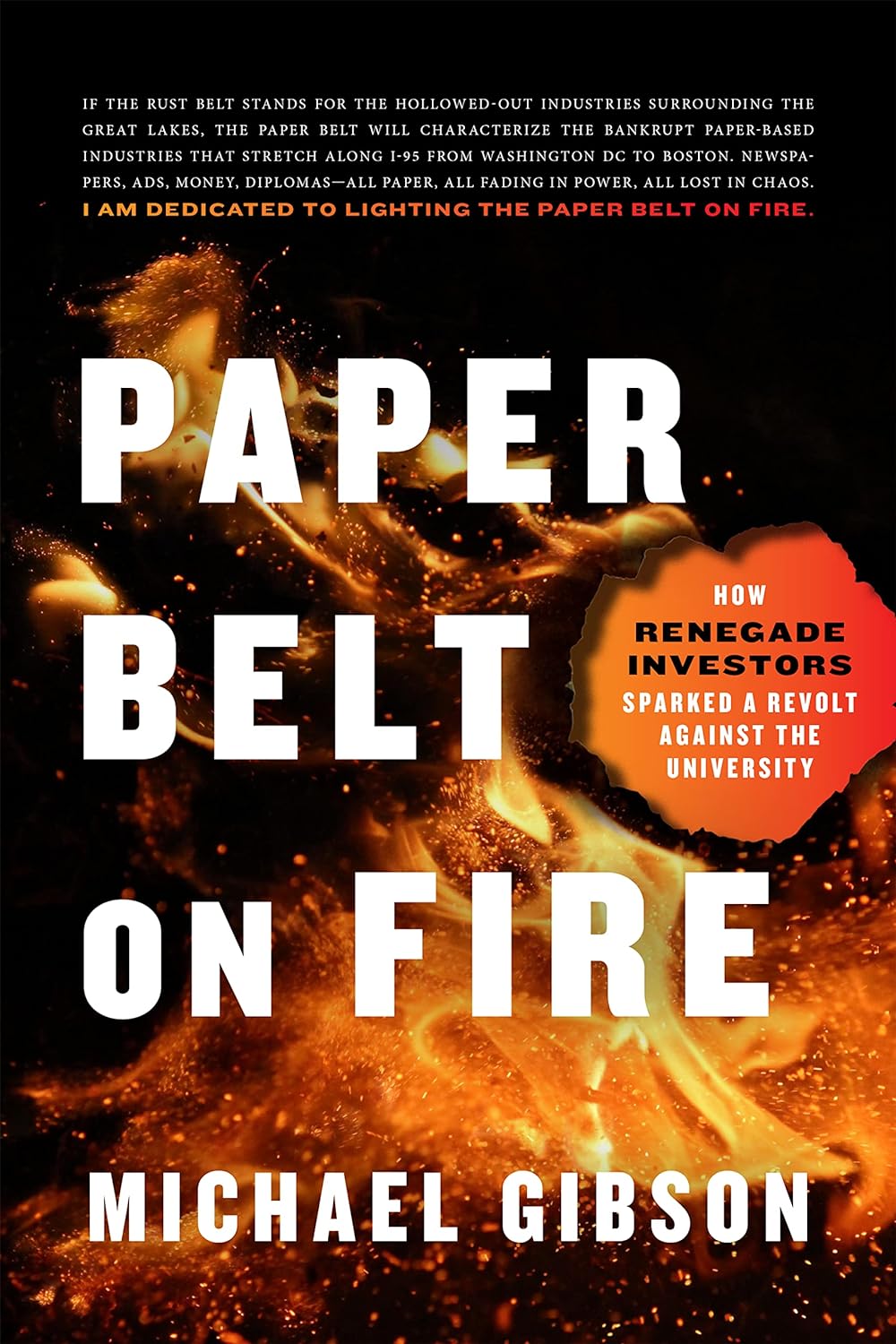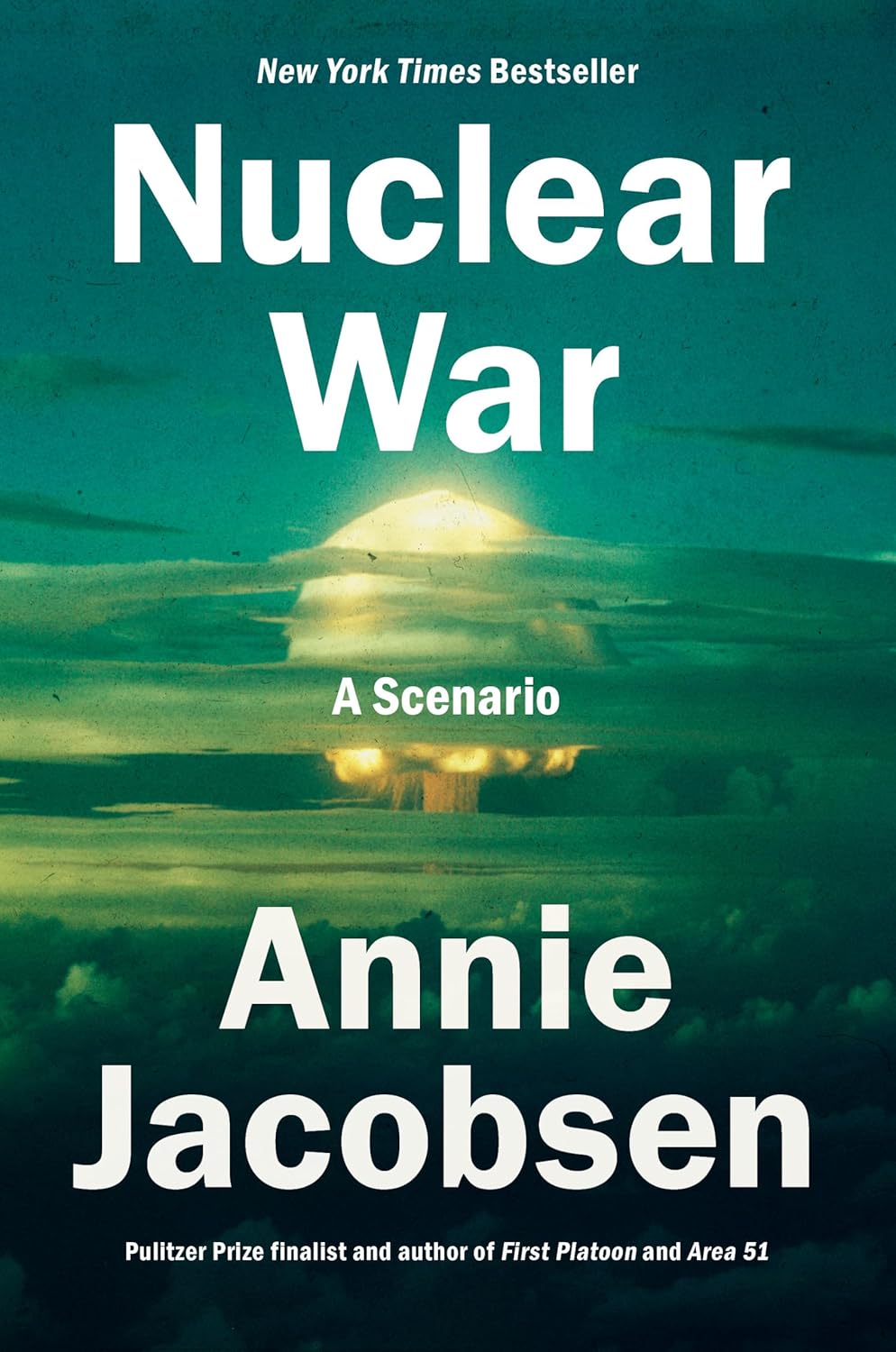Reading List
To fuel creation, I enjoy reading various books (usually in audio-format). Curiosity is my primary driver for selecting these books, and topics go far beyond the focus of my work and research. However, these books sometimes lead to serendipitous scientific insights.
Below, I list selected books which significantly impacted me somehow, together with a brief summary containing personal thoughts I had after reading.
Philosophy
Meditations
These personal notes of Roman emperor Marcus Aurelius contain a lot of stoic wisdom, in which he looks at things from the most useful perspective with a focus on reason. For instance, death is an integral part of life which should not be feared. Instead, focus on living itself and stop wasting your time on complaining yourself or hanging around people that complain. And whatever distress you encounter by living is merely something you decide to inflict upon yourself.
The Practicing Stoic
This book discusses the general ideas of stoicism. It does this by analyzing various well-known stoics, ranging from the ancients such Marcus Aurelius and Cicero, to more modern stoics such as Schopenhauer.
12 Rules for Life: An Antidote to Chaos
This is probably the book that impacted my thinking the most. It discusses twelve ways to add structure and responsibility to your life. Some of the rules that I consider most significant are "Compare yourself to who you were yesterday, not to who someone else is today", "Set your house in perfect order before you criticize the world", and "Pursue what is meaningful (not what is expedient)".
The Subtle Art of Not Giving a F*ck
I consider this book to contain a lot of information similar to the stoic teachings, but in a more modern and occasionally amusing format. In essense, Mark Manson says that you should focus on what is important and meaningful to you. Problems will always come and go, so don't worry too much about them.
Creativity and Personal Development
The Compound Effect
In essence, this book explains how to apply the mathematical property of compounding to your life. Every small improvement you make, compounded over time, can result in a huge effect.
The War of Art
For anything you want to achieve, you have to work for it. Hard. Steven Pressfield explains that in order to accomplish something, you must treat your dreams as a primary goal in your life. You must invest as much time into it as possible, and don't avoid the work if you do not feel like it (i.e., repel Resistance). If you truly commit to something, there is no limit to what you can achieve.
On Writing
On the one hand, this is a book about the life of the world-famous horror writer Stephen King. On the other hand, it also contains many insightful teachings about creative work in general. For instance that success does not come naturally. It is something you have to work hard at and learn. Great ideas are all around us, you just have to be open to receiving them.
Talent Is Overrated
The premise of this book is that "talent" does not exist. Instead, people who are called "talented" merely work much harded to achieve something compared to the average person. After reading this book, you'll never be able to use the excuse anymore that you're just not talented enough to do something.
Extreme Ownership
Based on some real-life situations from two former US Navy SEALs explain how taking full control and ownership over everything that happens to you (good or bad) or around you leads to better results for yourself and the people around you.
Sociology and Psychology
Enlightenment Now
If you feel like the world is on fire, and you need something to lift you up, this book is for you. Steven Pinker explains that news media is continuously evolving towards more negative reporting about the world, even though the world is continuously evolving towards a better place. These improvements are illustrated with a large number of statistics, ranging from massive reductions in poverty to improvements to overall happiness. By applying rational principles, our world can keep improving.
The Coddling of the American Mind
In this book, the authors argue that many of the problems in modern society originate from the three great untruths: "What doesn’t kill you makes you weaker"; "always trust your feelings"; and "life is a battle between good people and evil people". It discusses how safetyism (microagressions, call-out culture, ...) is causing emotional harm in young people. Based on psychological principles such as cognitive behavioural therapy, the authors argue that people are anti-fragile, and need to face challenges to become stronger.
The Wisdom of Crowds
The author of this book explains how groups of people can become smarter than individuals. An example of this is the fact that averaging the guesses of groups of people over the number of marbles in a container will converge towards the actual number for increasing group sizes. The stock market is another example of this, where the collective knowledge of individuals can lead to new insights.
Thinking, Fast and Slow
This book is very long, but definitely not boring. It contains a lot of useful insights about how we think. The authors explains how we have two types of brains, 1) a fast and emotional brain, and 2) a slow but deliberative brain. Understanding how and when to use each brain is key to making good decisions.
Bad Therapy
In essence, the author of this book argues that we have been over-therapizing kids. While children with real trauma do exist, she explains how sending children to therapy that do not really need it, can have a negative impact. Therapy always comes with a risk, so if kids don't really need it, it may be better to avoid it. This book reminded me a bit of The Coddling of the American Mind, as the impact of coddling kids too much is discussed.
Blueprint, The Evolutionary Origins of a Good Society
The author of this book argues that while it may sometimes feel like people have very conflicting views, people are actually much more similar to each other than they are different. This is motivated by analyzing the commonalities of various societies, and recognizing that a kind of social blueprint emerges to which all successful societies conform. This social blueprint contains universal elements such as friendship, love, and monogamy. To quote the author: "The arc of our evolutionary history is long, but it bends towards goodness."
Cynical Theories
This book gives a very detailed understanding of Critical Theory, which spawned various ideologies such as critical race theory, queer theory, and intersectionality. It explains the history of this field, and how it originated from the anti-scientific postmodernist movement. The authors argue how activists in this area unintentionally end up obstructing social justice and equality.
The Parasitic Mind
Gad Saad fled to Canada from Lebanon to escape anti-Jew persecution during the Civil War in Lebanon when he was young. Inspired by this oppression, he became a well-known public intellectual against the oppressive nature of political correctness. In this book, he argues that people should be free to say what they think, and that (self-)censorship is a threat to free speech and democracy. He coins the term "idea pathogens" (also known as mind viruses), which are irrational ideas that can easily spread within society. He argues that people infected by these idea pathogens are not willing to engage in public debate, in which such ideas could be easily disproven.
Business
Surrounded by Idiots
While the title is primarily an attention-grabber, the author of this book actually argues that there are no idiots. Instead, four different categories of people are explained (red, yellow, green, and blue), each having their strengths and weaknesses, with their own peculiarities on how to interact with them. Red people are dominant, yellow people are social and cheerful. Greens are stable, and blues are analytic.
Zero to One
In this book, Peter Thiel encourages entrepreneurs to stop imitating and improving upon others, and instead focus on creating brand new things that did not exist before, i.e., going from zero to one.
The Art of War
This is a very old Chinese book on war tactics, but it contains many useful insights that apply to all sorts of things outside of war. The general gist of this book is that you must know when to fight and when not to fight, and that you must know the enemy and yourself before every battle.
Paper Belt on Fire: How Renegade Investors Sparked a Revolt Against the University
As an academic, this was a very interesting read. The author argues that universities have been growing estranged to the needs of real-life businesses, and how the system can diminish creativity in people. He tells his story of how he started in a traditional academic path, and eventually started a fund in which he sought young people to start a business instead of attending university.
Investing
The Intelligent Investor
This is a very popular book that explains the basics of investments. It explains the difference between long-term investments versus short-term trading, and that the former is the only one with historically proven success, especially for passive investors.
The Simple Path to Wealth
This book goes beyond "The Intelligent Investor", and argues a lifestyle built on the principles of passive and long-term investments. The authors argues that through spread-out passive investments and by not living extravagantly, you can very easily achieve financial independence, leading to a free life where you are less dependent on monthly paychecks.
History
Magicians of the Gods
In this book, Graham Hancock starts from the hypothesis that humanity is a species with cultural amnesia, and that there might be a lost civilization dating from during the last ice age, which ended between 12,800 or 11,600 years ago. By finding commonalities within the architecture and stories from various ancient cultures word-wide, he provides evidence for this hypothesis. He explains how the Younger Dryas comet impact may have resulted in the demise of this lost civilization, and that the debris stream where this comet originated from still threatens us today.
The Immortality Key
This book provides evidence for the role of psychedelics drugs in Christianity's original Eucharist, which may originate from the Eleusinian Mysteries in Ancient Greece. Analogies are drawn between Jesus and Dionysus, the Greek god of wine. The author argues that this drugged Eucharist was carried out by women, which were later banned are targeted as witches during the inquisition.
Science
How to Build a Time Machine
This is a book that I read when I was just a kid, and it significantly shaped the way I look at time and life in the broader sense. It explains fundamental concepts in physics related to time, such as how time is impacted by gravity.
Fiction
Animal Farm
The well-known satirical story resembling totalitarian societies such as the Soviet Union, which shows the dangers of the utopian tunnel-vision provided by ideologies.
Nuclear War: A Scenario
Based on true foundations, this book gives a example of a scenario on how a nuclear war could unfold. While it is fiction, it gives some interesting details on nuclear boms and the processes and politics behind them. In addition, some interesting historical facts are sprinkled in.



























